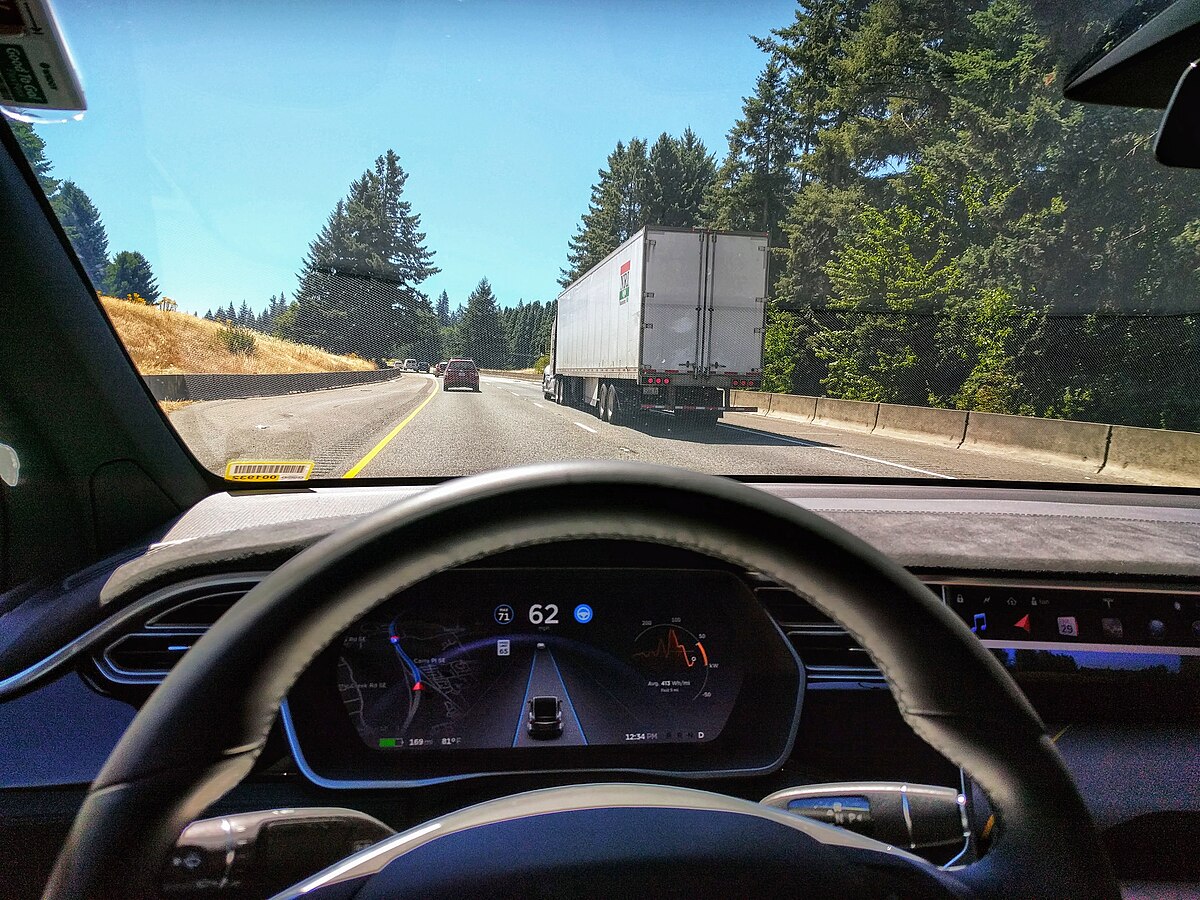Elon Musk confirms Tesla has signed a $16.5 billion chip contract with Samsung Electronics
Key Points
- - Elon Musk confirmed Tesla had signed a $16.5 billion chip contract with Samsung.
- - Samsung did not name the counterparty but said that the effective start date of the contract was July 26, 2024
- - and its end date was Dec. 31, 2033.
- - Samsung, which is set to deliver earnings on Thursday, expects its second-quarter profit to more than halve.
A Samsung flag flies outside the company office in Seoul, South Korea on February 05, 2024.
Chung Sung-jun | Getty Images News | Getty Images
Samsung Electronics has entered into a $16.5 billion contract for supplying semiconductors to Tesla, based on a regulatory filing by the South Korean firm and Tesla CEO Elon Musk’s posts on X.
The memory chipmaker, which had not named the counterparty, mentioned in its filing that the effective start date of the contract was July 26, 2024 — receipt of orders — and its end date was Dec. 31, 2033.
However, Musk later confirmed that Tesla was the counterparty in a reply on his social media platform X.
He also posted: “Samsung’s giant new Texas fab will be dedicated to making Tesla’s next-generation AI6 chip. The strategic importance of this is hard to overstate. Samsung currently makes AI4.TSMC will make AI5, which just finished design, initially in Taiwan and then Arizona.”
“Samsung agreed to allow Tesla to assist in maximizing manufacturing efficiency. This is a critical point, as I will walk the line personally to accelerate the pace of progress,” Musk said on X, and suggested that the deal with Samsung would likely be even larger than the announced $16.5 billion.
Samsung earlier said that details of the deal, including the name of the counterparty, will not be disclosed until the end of 2033, citing a request from the second party “to protect trade secrets,” according to a Google translation of the filing in Korean on Monday.
“Since the main contents of the contract have not been disclosed due to the need to maintain business confidentiality, investors are advised to invest carefully considering the possibility of changes or termination of the contract,” the company said. Its shares rose 5% Monday.
Tesla was a probable customer, Ray Wang, research director of semiconductors, supply chain and emerging technology at The Futurum Group, told CNBC before Musk’s post. Bloomberg News had earlier reported that Samsung’s deal was with Tesla, citing a source.
Samsung’s foundry service manufactures chips based on designs provided by other companies. It is the second largest provider of foundry services globally, behind Taiwan Semiconductor Manufacturing Company.
The company stated in April that it aimed to commence 2 nanometer mass production in its foundry business and secure major orders for the next-generation technology. In semiconductor technology, smaller nanometer sizes signify more compact transistor designs, which lead to greater processing power and efficiency.
Local South Korean media outlets have also reported that American chip firm Qualcomm could place an order for chips manufactured using Samsung’s 2 nanometer technology.
Samsung, which is set to deliver earnings on Thursday, expects its second-quarter profit to more than halve. An analyst previously told CNBC that the disappointing forecast was due to weak orders for its foundry business and as the company has struggled to capture AI demand for its memory business.
The company has fallen behind competitors SK Hynix and Micron in high-bandwidth memory chips — an advanced type of memory used in AI chipsets.
SK Hynix, the leader in HBM, has become the main supplier of these chips to American AI behemoth Nvidia. While Samsung has reportedly been working to get the latest version of its HBM chips certified by Nvidia, a report from a local outlet suggests these plans have been pushed back to at least September.



